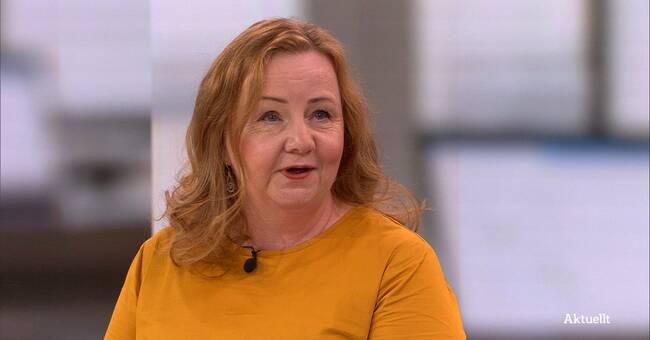Most people who work still go to a workplace, but during the pandemic, the proportion of people who work from home has increased significantly.
Several large international companies have announced that their employees can continue to work at home or remotely if they want, even after the pandemic.
But this development does not mean the end of the office as a workplace, believes Lena Lid Falkman, who researches and writes about teleworking at the Stockholm School of Economics and at the University of Karlstad.
"Likes to meet"
- The offices will not die, I'm pretty sure of that.
We humans like to meet, but we will certainly live differently and travel differently, says Lena Lid Falkman in SVT's Aktuellt.
- I hope that people can live throughout Sweden and have qualified jobs and travel to meet and collaborate and collaborate.
We live in a big experiment, so we'll see.
But I think our travel behavior and office behavior will change, she says.
Staff are free to choose
The Swedish streaming company Spotify has adopted a new policy that the company's employees not only have the opportunity to do their job at home or in the office, but can also choose a geographical location completely freely.
- Work is not something you go to but something you do, says Katarina Berg, global HR manager at Spotify, in Aktuellt.
- If we are to continue to recruit and have very specific staff, we believe that this freedom attracts, she says.
Continued efficiency
One of the fears when many would start working at home last year was that efficiency would be negatively affected.
That has not happened, says Lena Lid Falkman.
- Efficiency and productivity have continued, there are several research studies that show.
Rather, it will be the case that if you work at home and do not deliver, it will be seen, you must deliver if you are at home, she says.

